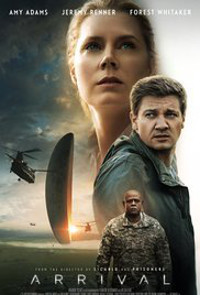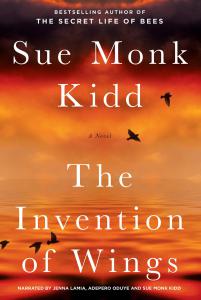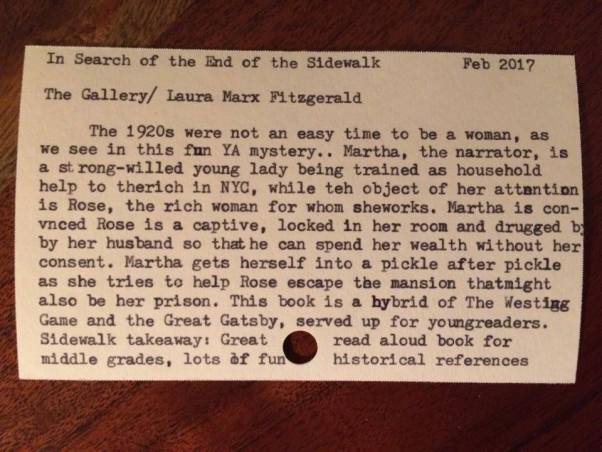 Who doesn’t like an intelligent SF movie about first contact with aliens? There are only a few good ones, such as The Day the Earth Stood Still, Close Encounters of the Third Kind, Contact, and Interstellar. I had high expectations that Arrival would join them. I was disappointed.
Who doesn’t like an intelligent SF movie about first contact with aliens? There are only a few good ones, such as The Day the Earth Stood Still, Close Encounters of the Third Kind, Contact, and Interstellar. I had high expectations that Arrival would join them. I was disappointed.
I’d read Ted Chiang’s Nebula Award-winning novella Story of Your Life, so I looked forward to Denis Villeneuve’s movie. Perhaps I was being foolish. I should have recognized that Chiang’s novella was unfilmable. Not much happens, much of the story concerns language and physics, and the story relies on a twist that I can’t reveal.
Twelve huge, egg-shaped, alien spacecraft appear at different locations around the globe, suspended oddly just a few few above ground. One of the ships lands in Montana. Dr. Louise Banks (Amy Adams) is a linguistics professor recruited by Colonel Weber (Forest Whitaker) to join a team of scientists, including theoretical physicist Ian Donnelly (Jeremy Renner), to study the aliens, decipher their language, and learn the purpose of their visit.
The first 40 minutes of Arrival are gripping, and they are the best part of the movie. They provide scenes of awe and wonder that remind us why we fell in love with science fiction as children. Once Adams and Renner go inside the spacecraft to meet the heptapod aliens (large, seven-legged squid-like creatures), the movie becomes an exploration of the strange written and spoken languages of the aliens.
Surprisingly, the movie skips over much of the linguist’s painstaking work. I suppose the filmmakers felt it wasn’t cinematic, but it trivializes Dr. Banks’s accomplishment, and it omits the importance that mathematics plays in the aliens’ language. In the movie, Dr. Banks masters the aliens’ written language seemingly within minutes.
Contrasting the novella with the movie, it’s clear that screenwriter Eric Heisserer tossed out much of the science (giving Renner’s character no purpose in the movie), and added subplots involving a hawkish Chinese general (the Chinese are the new Nazis in Trump Nation) and a group of saboteurs bent on destroying the Montana spaceship.
I felt sad for Ted Chiang as I watched the movie. Sure, he got a big check, and the movie’s not completely terrible (Amy Adams gives a heartbreaking, somber performance). And not many movies capably handle themes of language, free will, and time. It’s just that the movie isn’t as good as Chiang’s memorable novella. If you don’t read it, you’ll probably appreciate the movie more.
Share this:




